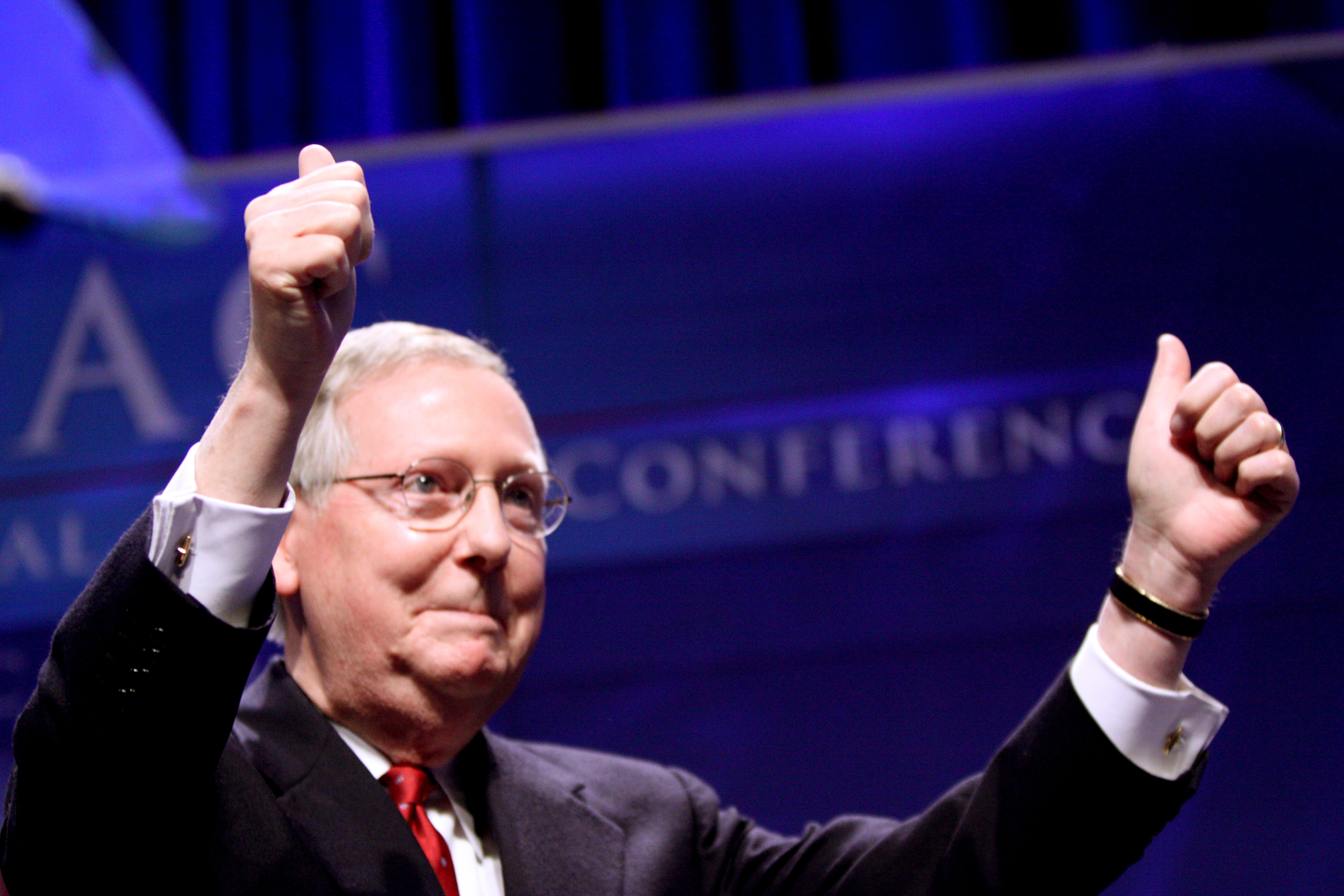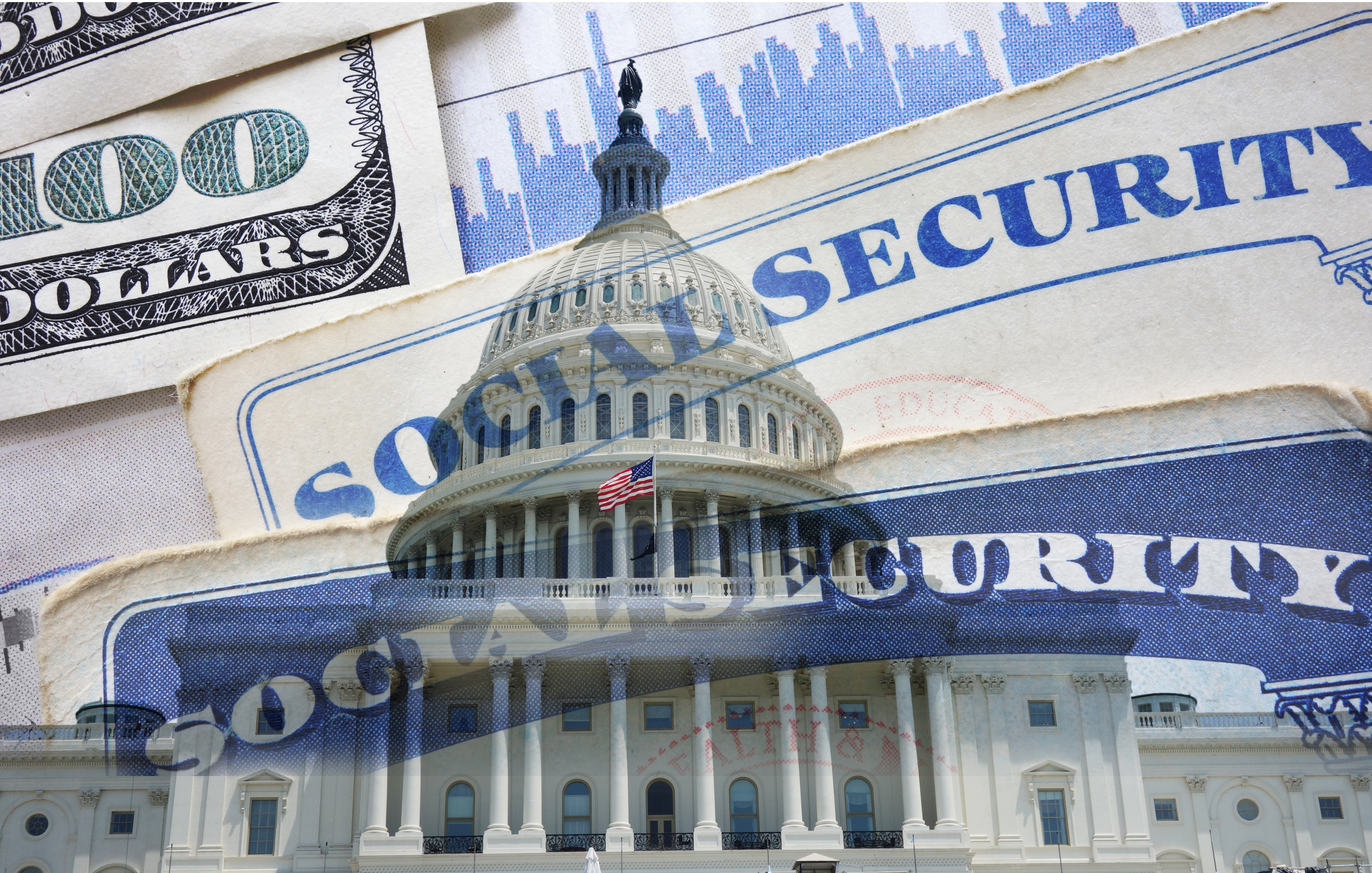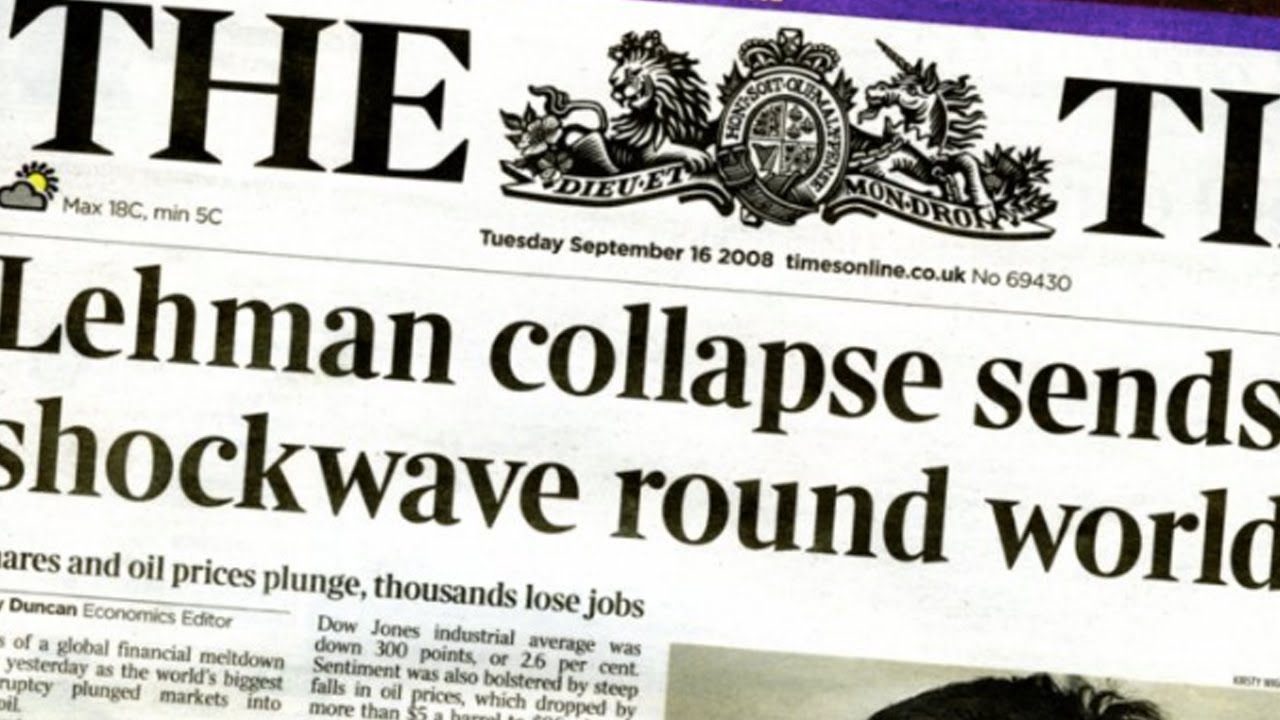Articles
Articles and analyses from the INET community on the key economic questions of our time.

The Long Goodbye? Mitch McConnell and Big Money Politics
In a political system whose primary currency is not the vote but the dollar, McConnell’s role as leader has plainly been well-earned.

Experts: Negotiating Big Pharma's Prices Won't Stifle Innovation—They Don't Use the Money to Innovate!
Industry lobbyists vehemently oppose Medicare drug price negotiations. However, physician-scientist Fred Ledley and economist William Lazonick debunk their arguments.

How Should the Government Negotiate Medicare Drug Prices? A Guide for the Perplexed
The “maximum fair price” for a drug must not only be equitable to those with unmet medical needs who may benefit from the use of the drug but also provide equitable returns on both public and private sector investments.

As Presidential Hopefuls Spar on Social Security, This Expert Separates Fact from Fiction
Eric Laursen, author of The People’s Pension, explains to INET’s Lynn Parramore what’s at stake for Americans in a year of sneak attacks and misinformation.

Unhappy New Year: How Austerity is Making a Comeback in Berlin and Brussels
Germany’s debt brake and EU fiscal rules will make it well neigh impossible for EU countries to fund the investments needed to decarbonize their economies.
The Dutch Earthquake

Jim Chanos: “The Crypto Ecosystem Is Well-Suited for the Dark Side of Finance.”
The famed short-seller talks Sam Bankman-Fried, why Wall Street is still so keen on crypto, and how technology is making us dumber.

The Golden Age of AI Complementarity?
Recent developments in AI have added fuel to debates that have long simmered amongst economists, which could lead to a rethinking of economics itself.
Is Too Big to Fail Over?

Reflections on the 15th Anniversary of the Lehman Brothers Failure
What lessons need to be drawn on this anniversary?

What Has the World Learned from COVID-19? So Far, Not Nearly Enough
By all accounts infection rates have ebbed. But were we good or were we lucky?

As the Ukraine War Drags On, It’s Time to Reassess the Impacts of Sanctions
The bundle of sanctions was initially designed and imposed in haste, with little basis to assess historic performance.